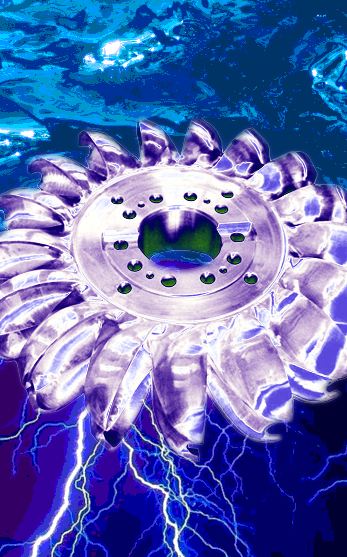WA backs off pumped plan
 The WA Government has decided against using pumped hydro as a replacement for the state's closing coal-fired power plants by 2030, citing feasibility issues.
The WA Government has decided against using pumped hydro as a replacement for the state's closing coal-fired power plants by 2030, citing feasibility issues.
Energy Minister Bill Johnston, who had previously expressed interest in pumped hydro, has confirmed the change in direction.
A spokesperson for the minister has told reporters that a Synergy feasibility study found pumped hydro to be unviable in Western Australia.
Pumped hydro involves storing energy by pumping water uphill during periods of low electricity demand and releasing it through a turbine during peak demand.
Last year, Johnston had endorsed pumped hydro as part of the government's shift to renewable energy and the closure of state-owned Collie power plants.
However, the recent decision reflects concerns about the environmental impact and challenges associated with the technology, as voiced by Synergy's CEO, David Fyfe.
While the South West region had been considered for pumped hydro projects, the government is now focusing on alternative solutions to transition to renewable energy, including battery energy storage systems.
The closure of the Collie power plants is expected to affect approximately 1,200 workers in the area.
Private proponents have shown interest in pumped hydro projects, but the government is currently reassessing its energy transition plan, which includes wind power, solar energy, and battery storage to achieve its goal of net-zero emissions by 2050.








 Print
Print